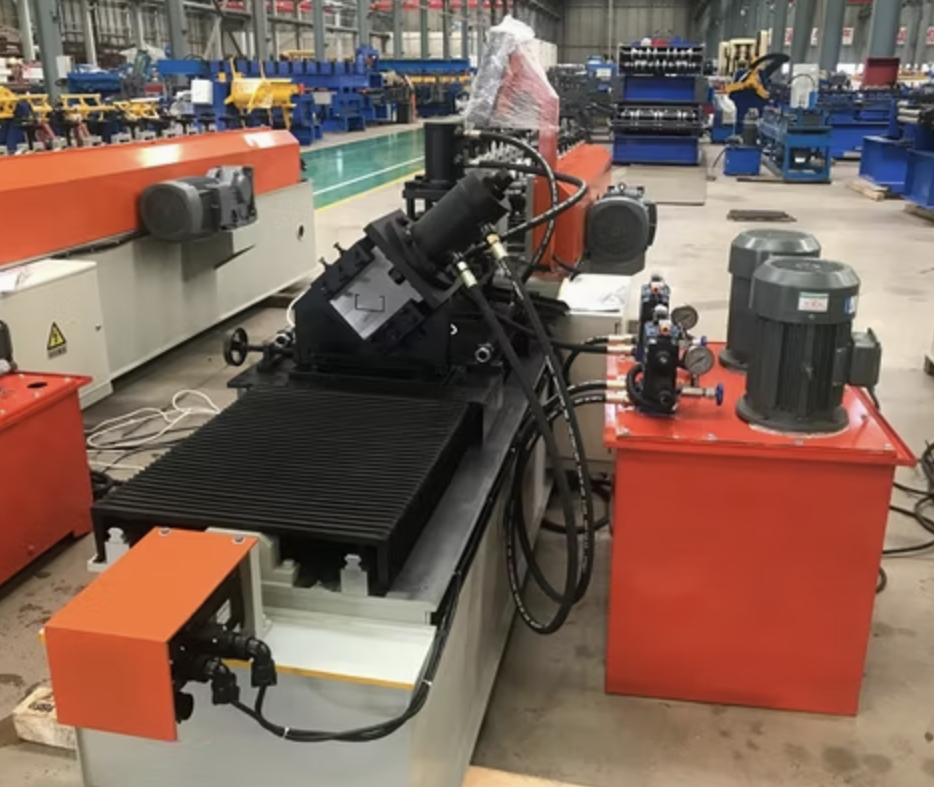To express an interest in this machine please submit the form below.

Not Sure What Machine You Need?
Select Your Profile, We'll Match It
Choose your desired profile drawing, and let Machine Matcher connect you with the best roll forming machine tailored to your needs.
Browse Profiles
Frame roll forming machines are specialized equipment designed for manufacturing metal frames used in construction, automotive, and industrial applications. These machines produce profiles like door frames, window frames, and structural frames with precision and efficiency. Known for their durability and advanced technology, frame roll forming machines streamline production by automating the process of shaping, cutting, and finishing metal sheets or coils into desired profiles.
These machines are equipped with advanced features like servo motors, PLC systems, and hydraulic cutting units, ensuring precise shaping and cutting. They can process a variety of materials, including galvanized steel, stainless steel, aluminum, and other metals, catering to industries with stringent quality requirements.
A frame roll forming machine is primarily used to manufacture metal frames for various applications, including doors, windows, structural components, and equipment housing.
It can process materials like galvanized steel, stainless steel, aluminum, and copper, with thicknesses ranging from 0.5 mm to 3.0 mm.
The punching system is servo-driven and hydraulically powered, allowing for precise and customizable holes in the profiles. The punch design can be adjusted according to project requirements.
Yes, frame roll forming machines can be customized to produce various profile shapes and sizes, making them suitable for specific projects.
The machine can produce frames at speeds of up to 30 meters per minute, depending on the profile's complexity and additional operations.
The machine includes safety features such as enclosures, safety guards, emergency stop buttons, and overload protection to ensure operator safety.
Typically, the power requirement is 380V, 3-phase, 60 Hz, but it can be customized for other standards like 220V or 415V based on the facility's needs.
Yes, frame roll forming machines are designed for high-volume production with consistent quality, making them ideal for industrial-scale operations.
The setup time varies depending on the configuration and accessories but typically ranges from 1 to 3 days, including calibration and testing.
Regular maintenance includes lubrication of moving parts, checking and replacing worn-out rollers, and ensuring the PLC system is updated. Preventive maintenance every 6 months is recommended.
This blog outlines the key aspects of frame roll forming machines, ensuring buyers in the USA are informed about their capabilities and suitability for various industrial needs. For more detailed inquiries or quotations, consider contacting a roll forming machine supplier with specific requirements.
Copyright 2026 © Machine Matcher.